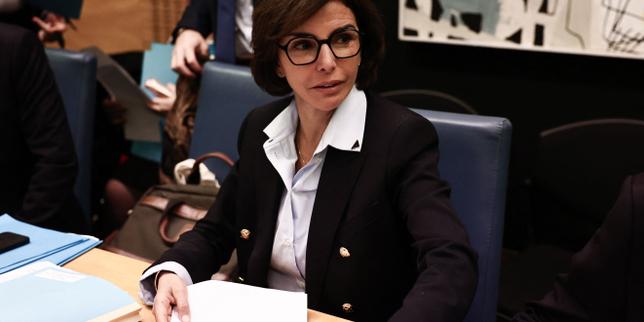Louvre to Implement Enhanced Anti-Intrusion Security Measures by Year-End Following Burglary
In response to a recent jewelry heist, the Louvre will install new anti-intrusion security features by year-end amid revelations of long-standing security weaknesses and governance flaws.
- • An administrative inquiry revealed chronic underestimation of security risks at the Louvre.
- • Minister Rachida Dati promises new anti-intrusion devices before year-end.
- • The thieves accessed the museum via a freight elevator and stole eight pieces of jewelry.
- • The Louvre's governance and security training protocols will be urgently reviewed and enhanced.
Key details
Following a high-profile burglary at the Louvre Museum on October 19, 2025, in which eight pieces of jewelry were stolen, French Culture Minister Rachida Dati announced significant security upgrades set to be implemented before the end of the year. An administrative investigation revealed a chronic underestimation of theft and intrusion risks at the museum, highlighting major security lapses and governance shortcomings. Dati emphasized the necessity of urgent action, including mandatory training for museum security personnel and a comprehensive security risk audit to be completed by the end of 2025.
The burglars gained access through a freight elevator, exploiting what has been described as a major security breach. The museum was promptly closed for security reasons afterward. Responding to this, Dati announced the installation of advanced anti-intrusion devices, including systems designed to prevent vehicle-ramming attacks, addressing a significant vulnerability at the museum's perimeter.
The investigation's preliminary report identified four key issues: a structural undervaluation of theft and intrusion risks over more than two decades, inadequate security resource allocation, and governance structures that failed to prioritize these risks. In light of these findings, Dati has convened an emergency meeting of the Louvre’s board to scrutinize and overhaul its governance and organizational policies concerning security.
This incident is part of a troubling pattern of high-profile thefts in France, exemplified by a recent €12 million robbery at a gold refining laboratory in Lyon involving explosives and military-grade weaponry, which has further intensified calls for enhanced security at cultural and industrial sites. The Paris police prefect criticized the Louvre for insufficient surveillance coverage, underscoring the urgency for reform.
Dati’s commitment includes systemic measures that aim to close security gaps and restore public confidence in the protection of France’s cultural heritage housed at the Louvre.
This article was translated and synthesized from French sources, providing English-speaking readers with local perspectives.
Source articles (5)
Source comparison
Number of thieves involved in Louvre burglary
Sources disagree on the number of thieves involved in the Louvre burglary.
lemonde.fr
"five individuals, including a suspected burglar, were arrested"
lefigaro.fr
"four thieves broke into the Louvre Museum"
Why this matters: One source states that five individuals were arrested in connection with the Louvre burglary, while another source mentions four thieves broke into the museum. This discrepancy affects the understanding of the scale of the incident and the response to it.
Latest news
French Public Sees Rise in Political Violence Amid Pre-Municipal Election Tensions
Businesses Drive French Economy Amid Rising Financial Challenges for Youth
France Climbs to 4th Place in 2026 Winter Olympics Medal Table After Biathlon Relay Gold
XV de France to Field Largely Unchanged Lineup Against Italy in Six Nations
France and India Deepen Strategic Partnership with Focus on AI Regulation and Defense Cooperation
Data Breach Exposes 1.2 Million French Bank Accounts, Authorities Warn of Fraud Risks
The top news stories in France
Delivered straight to your inbox each morning.





